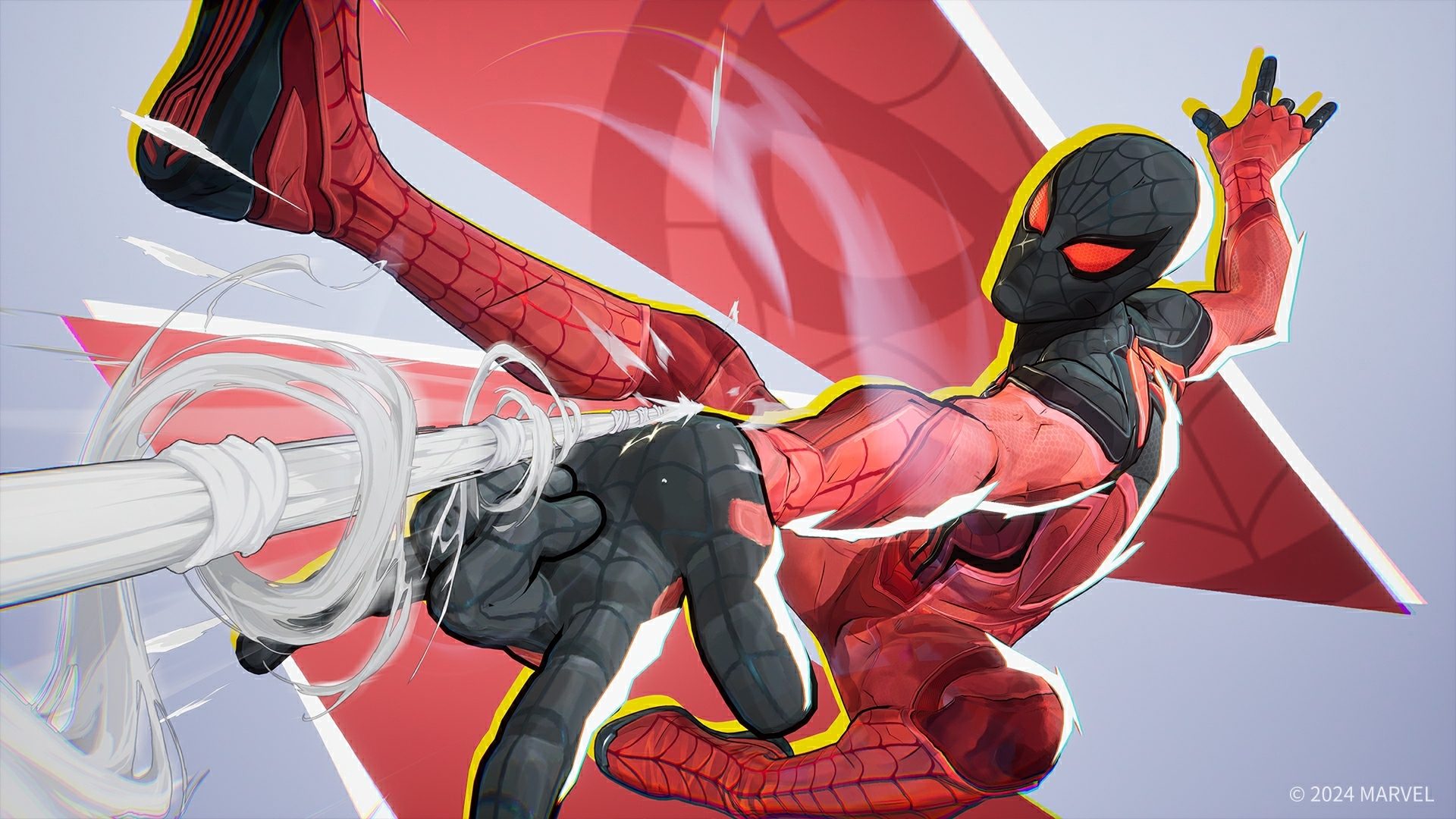They absolutely do! It's their walled garden and they can place any requirements on any developer. Previous Sonys had extensive TRCs that your game had to manage without fault. This followed on from Nintendo's 'gold seal' to ensure mindless crap wasn't on their platform and a game on Nintendo was worth your money. Sony were selective of who could publish on their PlayStations, charged a significant entry cost which kept out the riffraff, and even penalised devs for patches back in the PS3 era - they charged for devs to patch, thereby making it more important to get it right first time, or then ensure patches wouldn't need further patches.
Standards have just dropped off a cliff with platforms becoming more and more Steam-like. Anyone can publish on PS now, with no quality standards whatsoever, and no enforcement of basic suitability-for-purpose, with Sony dragging their heels on refunds when they sell games that don't work properly.
A substantial, if not complete, portion of blame lies at Sony here. They released an upscaling tech that can effectively break in games, presented it as flawlessly awesome in their marketing, and now allow any old broken implementation to ruin PS5 Pro owner's experience. They should have not released it before it was ready, or ensured no game uses it wrongly, and not spite their £700 console purchases with this. Utterly disrespectful.



